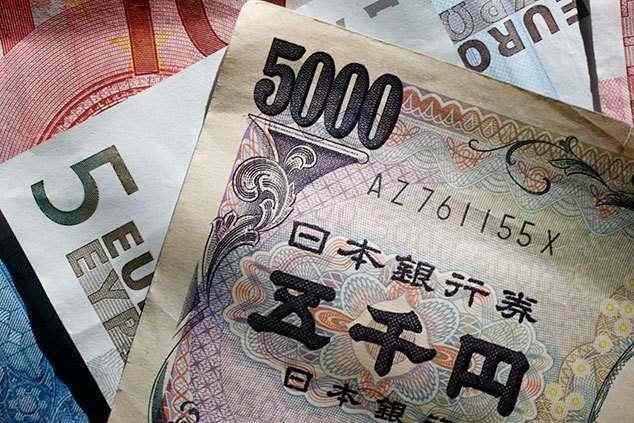Euro slips on weak economic growth, yen stable despite weak Japan GDP

The euro slipped on Monday as Europe’s economic growth weakened amid concerns raised by financial markets and policymakers on the coronavirus outbreak in China.
The euro closed at $1.0817 on Friday, hitting a 33-month low. It went up $1.08385 on Monday’s early Asian trade.
The German economy was stable in the fourth quarter due to weak private consumption and state spending.
Germany posted zero growth from the previous quarter. The GDP grew 0.1% quarter-on-quarter in Q4, the weakest since 2014.
Market participants expect higher growth in the U.S. despite data showing uncertainty.
U.S. core retail sales fell 0.3% from expectation while December growth was recalculated to 0.2%, from the initial 0.5% report.
Industrial production dropped by 0.3%. The dollar index last stood at 99.131.
Japan’s economic growth shows to be at risk due, as the GDP report fell below analyst forecasts. Tokyo shares were hit while the Yen remained steady.
Japan’s economy fell 1.6% last year due to a sales tax hike. The yen last stood at 109.81 against the dollar.
The Australian dollar was up $0.67155. The yuan was up 6.9857 against the dollar in offshore trade.
Hubei Province in China reported 1,933 new cases, bringing the number of total confirmed cases to 58,000. The death toll stands at 1,770.

